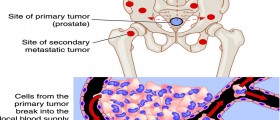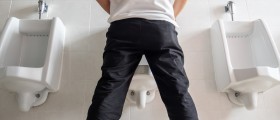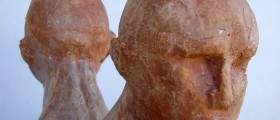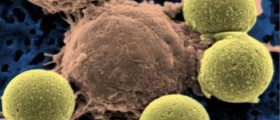
At the base of the neck of the urinary bladder you can find something called a prostate gland which encircles the initial piece of the urethra. Urine will flow through the urethra from the bladder and leave the body via the penis. The prostate gland has more than one function in life one being the management of urination as it is against the urethra. Second purpose of the prostate gland is the production of minerals and sugars that can be then located in the semen. Don’t be fooled though a gentleman can manage absolutely fine without his prostate gland.
When cells in the prostate gland grow to become a malignant tumor then it is called prostate cancer. It more often than not develop gradually and stay in the prostate gland for years and years and unfortunately there are very little symptoms to be seem or felt by the host. After many years the cancer will grow inevitably to the tissue that is near to the prostate gland and can even go to liver, lungs and the bones at this point the cancer is classed as advanced and symptoms will be seen and felt.
Lung cancer is the world’s number one cause of death due to cancer unfortunately the second in line to cause death due to cancer is the prostate cancer. This is why it is so important to learn how to self check yourself and especially go for special screening for prostate cancer after the age of forty.As mentioned earlier the symptoms are few at the start of prostate cancer it is usually found via a blood test or a rectal examination because the prostate gland is found in front of the rectum. As the cancer grows then again as said before urination will get more and more difficult and painful and could eventually seize to work.

















Your thoughts on this
Loading...